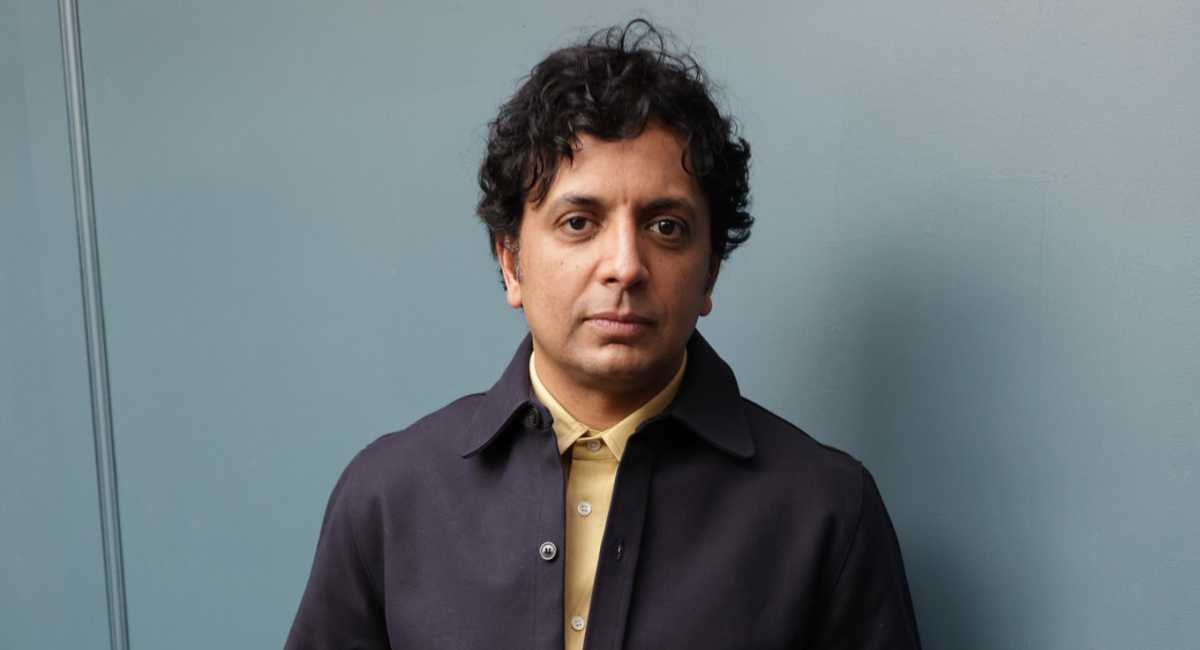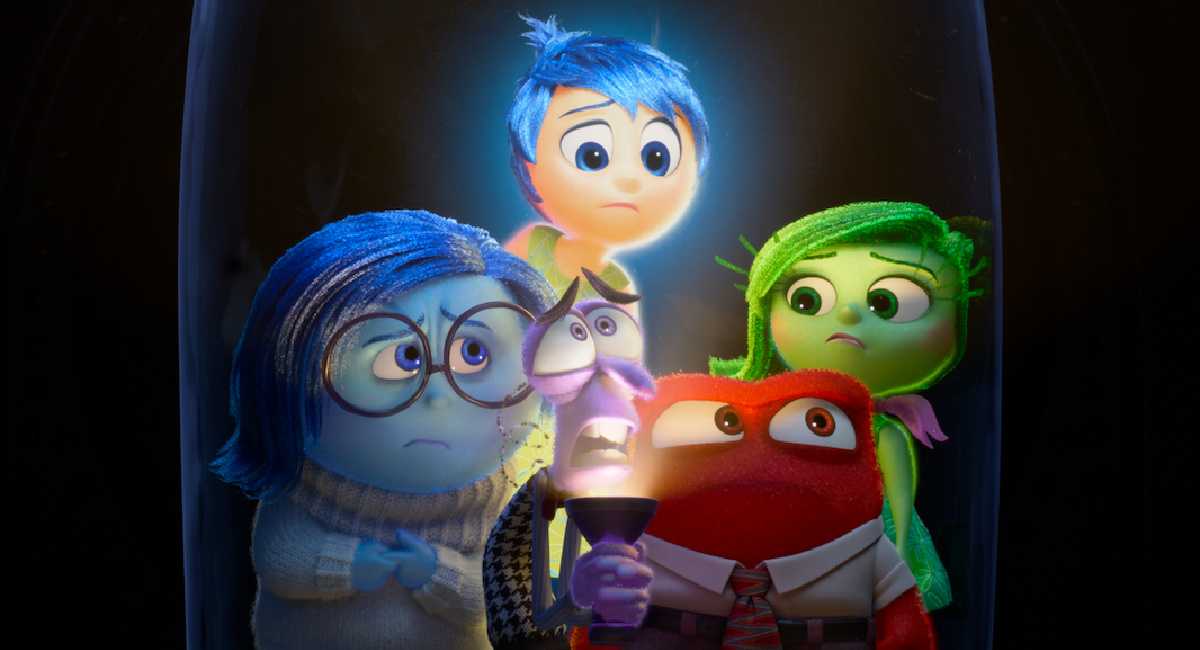Oscars 2015: The Reasons for the Black Shutout Are More Complicated Than You Think
Well, with last Thursday's announcement of the Oscar nominations, the sometimes ratings-challenged Academy Awards got all the traditional media and online attention they could have wished for. Too bad almost all of the attention was negative.
Usually, Oscar controversies are about taste -- whether "Crash" was really better than "Brokeback Mountain," or whether "Shakespeare in Love" was really better than "Saving Private Ryan." This year's controversy over "Selma," however, is shining an unflattering light on Hollywood's racial politics.
The snubbing of "Selma" in every category except Best Song and, curiously, Best Picture -- that's only part of what has professional and amateur critics up in arms. As many have noted, this year is the first since 1998 that no actors of color have been nominated. The nominations list has drawn predictable condemnation from the likes of Spike Lee and Rev. Al Sharpton, who has threatened to go to Hollywood and take unspecified steps to remedy the situation. Even Cheryl Boone Isaacs, the president of the Academy, has felt compelled to address the outrage. Meanwhile, on Twitter, #OscarsSoWhite has become a trending hashtag.
It's a little too easy to blame this year's awards slate on old-fashioned racism. After all, this is the same Academy that, last year, named "12 Years a Slave" Best Picture, nominated Steve McQueen for Best Director, nominated Chiwetel Ejiofor for Best Actor, nominated Barkhad Abdi for Best Supporting Actor, and named Lupita Nyong'o Best Supporting Actress. And Alfonso Cuaron became the first Latino to win Best Director. And this year, Alejandro Gonzalez Iñarritu could become the second; his film "Birdman" tied with "The Grand Budapest Hotel" for most nominations this year (nine each), including Best Picture. Conversely, Clint Eastwood failed to score a nomination for himself for directing "American Sniper," even though the film was cited for Best Picture and several other categories. Did he not get the nomination because he's white? Or because the liberals in the Academy still won't forgive him for his chair speech at the Republican National Convention in 2012?
Still, this year's sudden white-out seems fishy. But if it's not straight-out racism, a lot of other excuses have been trotted out to explain it. A lot of awards-season voters didn't receive "Selma" DVD screeners in time. The controversy over the film's historical accuracy may have soured some Academy members on the film. (Though similar controversies over the factuality of "Foxcatcher" and "The Imitation Game" didn't keep those films from getting a slew of nominations.) Or maybe this was just such a strong year for films that there just wasn't room to recognize the contributions of black people to the industry this year.
This last reason sounds especially specious. Not to slight the Best Actor nominees this year, but was David Oyelowo's performance as Rev. Martin Luther King in "Selma" -- the one element of the movie no one seemed to find fault with -- not worthy to be included among them? And aside from "Selma," was Chadwick Boseman's performance as James Brown in "Get On Up" a lesser achievement than those of the white actors nominated for biopic roles this year? Did Gugu Mbatha-Raw not deserve consideration for her starring roles in "Belle" or "Beyond the Lights"? Was Chris Rock's screenplay for "Top Five" not worthy of inclusion? Did cinematographer Bradford Young, who shot both "Selma" and "A Most Violent Year," not deserve a nod? Did not one black person do Oscar-worthy work this year?
Rather, the problem seems more complicated and systemic. It's been pointed out that the Academy membership is 94 percent white. This, in turn, is probably reflective of what the film industry looks like as a whole, especially behind the camera. As Chris Rock has noted, people in Hollywood tend to hire other people who resemble themselves. That's not necessarily racism, just a failure of imagination, an inability to think outside the box. The Academy Awards seem to work the same way; voters tend to choose nominees from their own background unless (like last year) they're given a compelling reason not to.
The answer to the problem, then, seems to require a more diverse Academy membership. Which is something that Academy president Boone Isaacs (who is the Academy's first black president) says her organization is working toward. Addressing the nomination controversy, she told the Associated Press, "In the last two years, we've made greater strides than we ever have in the past toward becoming a more diverse and inclusive organization through admitting new members and more inclusive classes of members," Without directly criticizing this year's slate of nominees or the process that created it, she added, "And, personally, I would love to see and look forward to see a greater cultural diversity among all our nominees in all of our categories."
Of course, for her to add more minority folk to the Academy roster, there have to be more of them finding work in Hollywood. Which ultimately means there has to be more diversity in the executive suites among those who make hiring decisions, both in front of and behind the camera.
It would make economic sense. After all, according to the Motion Picture Association of America, Latinos go to the movies more often than other Americans, and white people go less often. (African-Americans make up 12 percent of frequent moviegoers, consistent with their numbers in the populace as a whole.) Yet it's only recently that the studios have recognized Latinos as a market worth courting, or that African-Americans want to see more than just Tyler Perry and Kevin Hart movies. The current box-office success of "Selma" and its overwhelmingly positive word-of-mouth (measured by a rare A+ grade at CinemaScore) suggests that, not only are black audiences hungry for more substantive and dramatic stories in which they can see their own hopes and aspirations reflected on screen, but that some white viewers are interested in such stories as well.
The studio system in general is not poised to make such films, not because of racism but because the distributors are wedded to the blockbuster business model. All their eggs are in the giant-acton-spectacle basket, since such movies return hundreds of millions of dollars. Modestly budgeted dramas like "Selma" (or "The Theory of Everything" or "The Imitation Game," for that matter) aren't part of the business plan because their returns, while profitable, are also modest. These may be the kind of movies that win Oscars, but the major studios have all but abandoned that business to the independents. Again, it's more about a failure of imagination than outright bigotry.
Perhaps the wisest perspective on the situation comes from erstwhile firebrand Spike Lee, whom the Oscars famously snubbed 25 years ago for directing the landmark "Do the RIght Thing," a movie that the Academy ultimately overlooked for Best Picture in favor of "Driving Miss Daisy," a comforting racial fable that, a quarter-century later, looks quaintly patronizing at best. Talking to the Daily Beast, Lee pointed out that the ultimate arbiter of quality is not the Academy but history. Today, he pointed out, "nobody is talking about motherf---in' 'Driving Miss Daisy.' That film is not being taught in film schools all around the world like 'Do the Right Thing' is." He added. "You can't go to awards like the Oscars or the Grammys for validation. The validation is if your work still stands 25 years later."






















